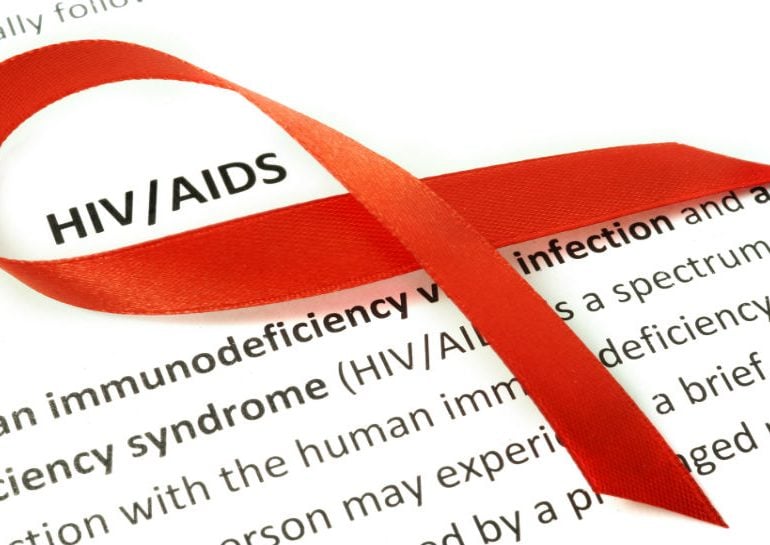Nigeria is the most populous African nation and of all people living with HIV globally, 9% of them live in Nigeria.
The official HIV prevalence, according to UNAIDS in Nigeria is 3.2% of the adult population. Nigeria has an estimate of 3.4 million people living with HIV, second only after South Africa.
The diagnosis of people living with HIV and AIDS (PLWHA) can be improved with anti-retroviral treatment. Yet, they still have to face condemnation and isolation from colleagues, family and community.
HIV/AIDS-related societal stigmatization is a great injustice against the people living with HIV/AIDS.
Their basic life goals, aspirations, prospects are compromised by the stigmatization, which may either be; public stigma, self-stigma, and label avoidance, which further complicates the daily living of people living with HIV/AIDS.
TYPES OF STIGMATISATION
- Personal (self-stigma): This is a self-inflicted stigmatization or self-isolation
- Community Stigma: This occurs at places of PLWHA are resident.
- Institutional Stigma: This happens at workplaces.
- AIDS stigma by association with someone who is HIV positive is classified as secondary stigma or “courtesy stigma”.
HOW STIGMATISATION AFFECTS HIV PREVALENCE/INFECTION RATES
Some of the ways stigmatization affects HIV/AIDs prevalence rate include:
- Stigma and discrimination may influence the health-seeking behaviours of people living with HIV/AIDS as regards drug availability, affordability and accessibility of treatments.
- HIV/AID stigmatization creates a “hidden epidemic” of the disease based on socially-shared ignorance, fear, misinformation, and denial. This is compounded by the weak health systems and poor legal and ethical framework in the country. Hence the people living with HIV/AIDS become vulnerable to social injustice.
There is a need to translate anti-stigmatization policies to increase the knowledge and understanding of HIV risk factors and increase communities potential to strengthen HIV-AIDS intervention and prevention program in Nigeria.
There is a need for the friends, family members and community members to show support for People Living With HIV/AIDS (PLWHA) in order to reduce self-stigma, depression from isolation and contact avoidance and encourage them by showing them care, acceptance and encourage their commitment to antiretroviral therapy compliance.
This article was written by Edokita Health, an online health information and medical consultation platform. Visit for free medical consultation with Edokita health professionals on any health-related issues.
Copyright 2025 TheCable. All rights reserved. This material, and other digital content on this website, may not be reproduced, published, broadcast, rewritten or redistributed in whole or in part without prior express written permission from TheCable.
Follow us on twitter @Thecablestyle

